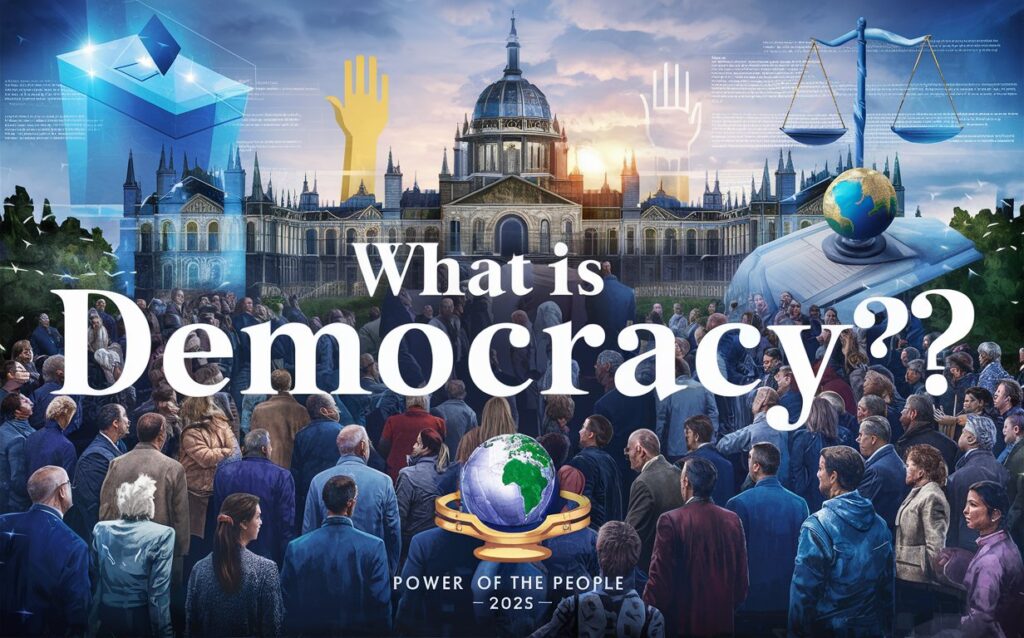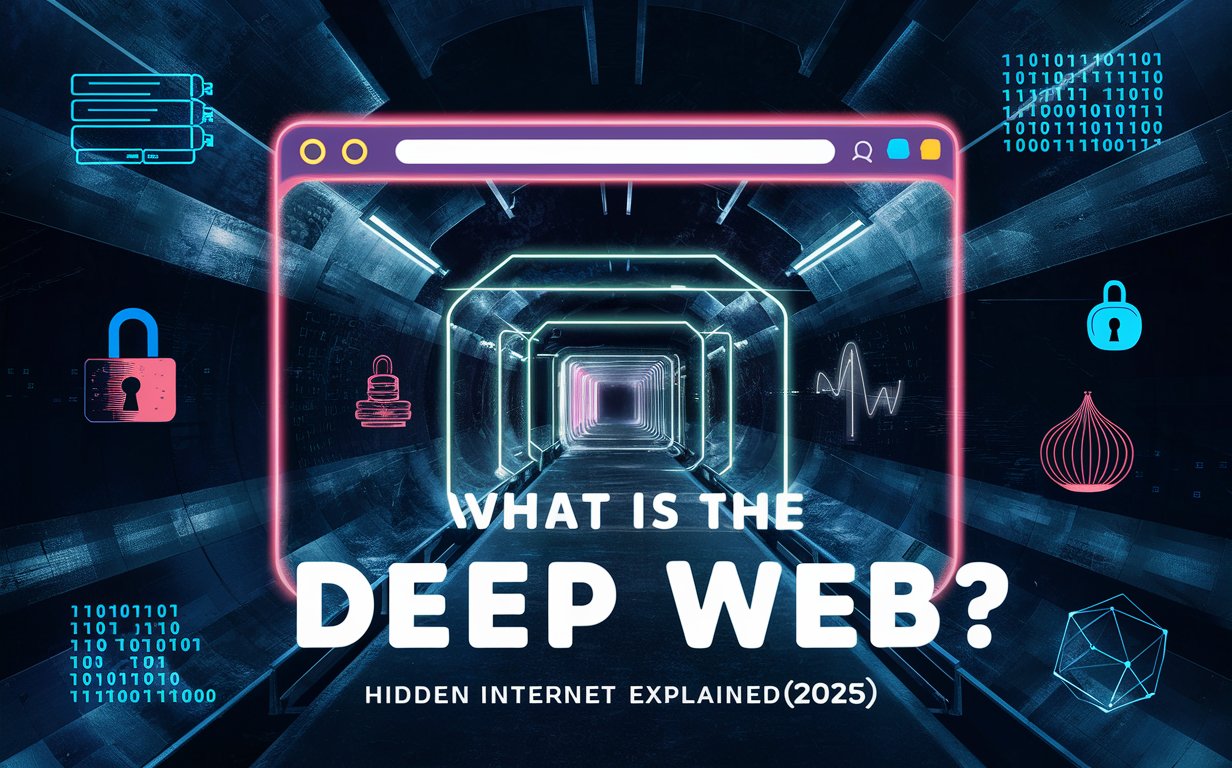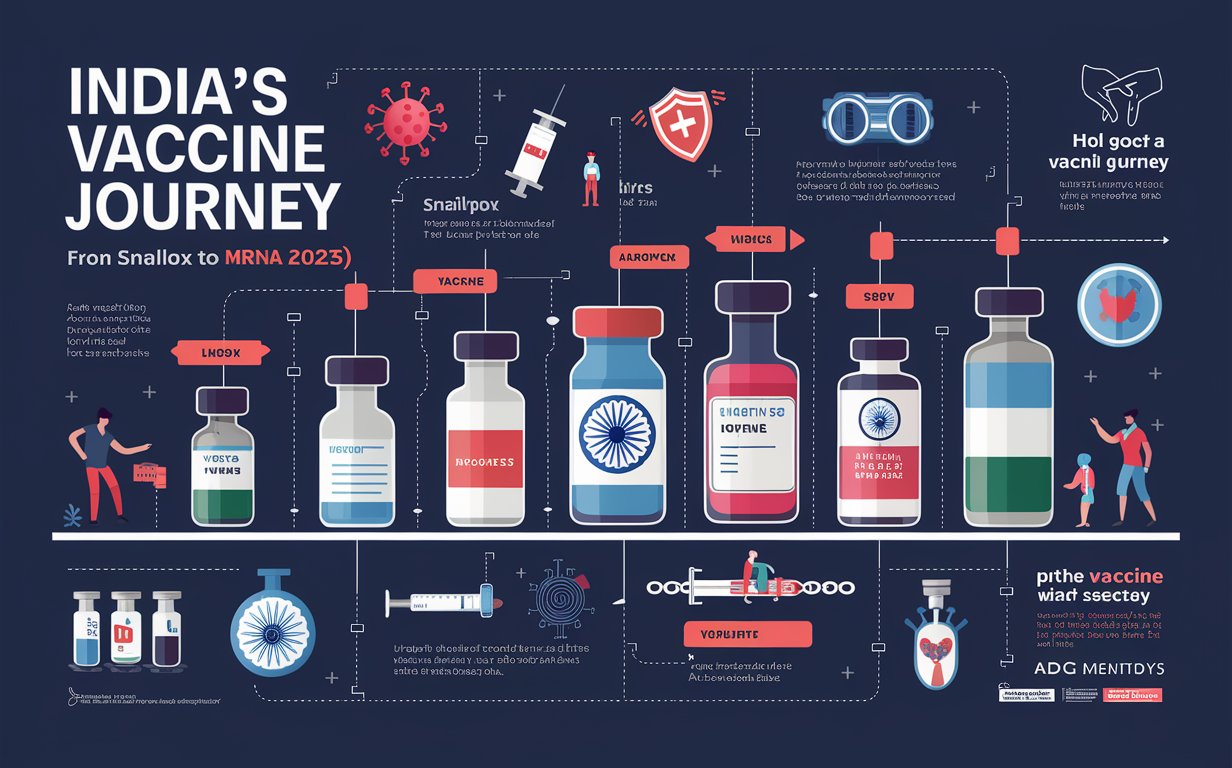🗳️ What Is Democracy? Understanding the World’s Most Powerful Political System in 2025
Democracy is more than just elections — it’s a system where power lies in the hands of the people. In 2025, as the world faces political shifts, digital governance, and rising authoritarianism, understanding what democracy truly means is more important than ever. But what defines a democracy, and how is it evolving in today’s complex global landscape?
Let’s explore the meaning, structure, and future of democracy in a connected, digitized world. 🏛️📲

🧾 The Core Definition of Democracy
Democracy comes from the Greek words demos (people) and kratos (rule), meaning “rule by the people.” In a democratic system, citizens:
- Elect their representatives through free and fair elections
- Enjoy fundamental rights such as freedom of speech, religion, and expression
- Participate in decision-making either directly or indirectly
India, the world’s largest democracy, and nations like the U.S., UK, France, and Brazil follow different versions of this people-powered governance model.
🏛️ Types of Democracy
In 2025, there are two main types of democracy:
1. Direct Democracy
- Citizens make laws and decisions themselves
- Example: Switzerland, where referendums are common
2. Representative Democracy
- Citizens elect leaders to represent them in parliament or assemblies
- Example: India, the USA, Canada
India’s system is a parliamentary representative democracy with regular elections, a written constitution, and a multi-party structure.
🧑⚖️ Key Pillars of Democracy
Every functioning democracy stands on five major pillars:
- Free and Fair Elections 🗳️
- Rule of Law ⚖️
- Separation of Powers (Legislature, Executive, Judiciary) 🏛️
- Fundamental Rights and Freedoms 🗣️
- Independent Media 📰
Without these, a country may claim to be democratic — but functionally act like an authoritarian regime.
🌐 Democracy in the Digital Age
In 2025, digital technology is transforming democratic engagement:
- E-Voting systems are being piloted in India for NRIs
- Social media platforms influence political narratives and election outcomes
- Online petitions and public feedback portals bring citizens closer to lawmakers
- AI tools monitor election fraud and analyze political campaigns
However, democracy faces new threats like deepfakes, disinformation, and voter manipulation through algorithms.
🇮🇳 India’s Democratic Strength in 2025
India, with over 970 million registered voters, conducts the largest democratic exercise on Earth.
Recent milestones:
- Remote digital voting trials have been introduced for migrant workers
- Voter turnout among youth and women is at an all-time high
- The Election Commission has launched AI-powered monitoring tools to combat fake news during elections
Despite challenges like political polarization and misinformation, India’s constitutional framework ensures regular transitions of power and public accountability.
⚠️ Challenges Facing Democracy Today
Modern democracies face critical threats:
- Misinformation and fake news spreading faster than facts
- Erosion of media freedom in several countries
- Corruption and misuse of public funds
- Minority suppression and rising hate speech
- Low voter engagement in urban populations
Democracy isn’t just a system — it’s a continuous process of civic participation, law enforcement, and active public discourse.
🔮 The Future of Democracy
Experts believe the next phase of democracy will focus on:
- Digital literacy to fight misinformation
- Blockchain-based voting for transparency
- Participatory budgeting where citizens help plan public spending
- Civic education in schools to create informed future voters
Only an educated, aware, and engaged citizenry can keep democracy alive and evolving in the 21st century.
✅ Conclusion
Democracy is not perfect — but it remains the most inclusive and flexible system for protecting human dignity, rights, and freedom. In 2025, defending democracy means ensuring truth, participation, and justice for every citizen. 🗳️🇮🇳📢
DoFollow External Links
Internal Links



Post Comment